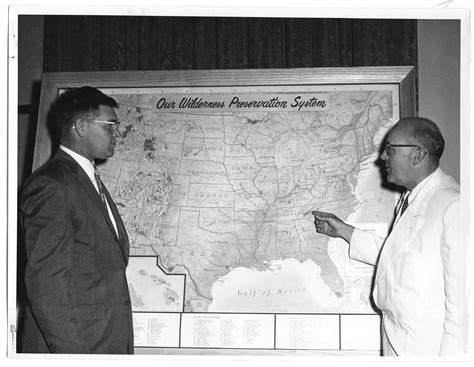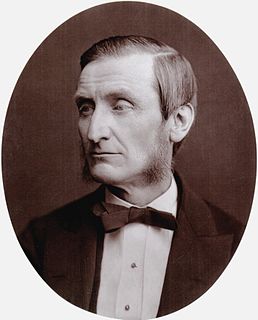A Quote by John Stuart Mill
Among the works of man, which human life is rightly employed in perfecting, the first in importance surely is man himself.
Related Quotes
Every man is of importance to himself, and, therefore, in his own opinion, to others; and, supposing the world already acquainted with his pleasures and his pains, is perhaps the first to publish injuries or misfortunes which had never been known unless related by himself, and at which those that hear them will only laugh, for no man sympathises with the sorrows of vanity.
What is the importance of human lives? Is it their continuing alive for so many years like animals in a menagerie? The value of a man cannot be judged by the number of diseases from which he escapes. The value of a man is in his human qualities: in his character, in his conscience, in the nobility and magnanimity, of his soul. Torturing animals to prolong human life has separated science from the most important thing that life has produced - the human conscience.
There are three kinds of nature in man, as Nicetas Stethatos further explains: the carnal man, who wants to live for his own pleasure, even if it harms others; the natural man, who wants to please both himself and others; and the spiritual man, who wants to please only God, even if it harms himself. The first is lower than human nature, the second is normal, the third is above nature; it is life in Christ.
Sport, properly directed, develops character, makes a man courageous, a generous loser, and a gracious victor; it refines the senses, gives intellectual penetration, and steels the will to endurance. It is not merely a physical development then. Sport, rightly understood, is an occupation of the whole man, and while perfecting the body as an instrument of the mind, it also makes the mind itself a more refined instrument for the search and communication of truth and helps man to achieve that end to which all others must be subservient, the service and praise of his Creator.
To comprehend a man's life, it is necessary to know not merely what he does but also what he purposely leaves undone. There is a limit to the work that can be got out of a human body or a human brain, and he is a wise man who wastes no energy on pursuits for which he is not fitted; and he is till wiser who, from among the things that he can do well, chooses and resolutely follows the best.
The ascent to the divine Life is the human journey, the Work of works, the acceptable Sacrifice. This alone is man's real business in the world and the justification of his existence, without which he would only be an insect crawling among the ephemeral insects on a speck of surface mud and water which has managed to form itself amid the appalling immensities of the physical universe.
That man can destroy life is just as miraculous a feat as that he can create it, for life is the miracle, the inexplicable. In the act of destruction, man sets himself above life; he transcends himself as a creature. Thus, the ultimate choice for a man, inasmuch as he is driven to transcend himself, is to create or to destroy, to love or to hate.








































